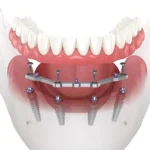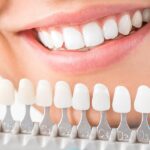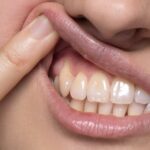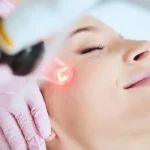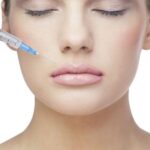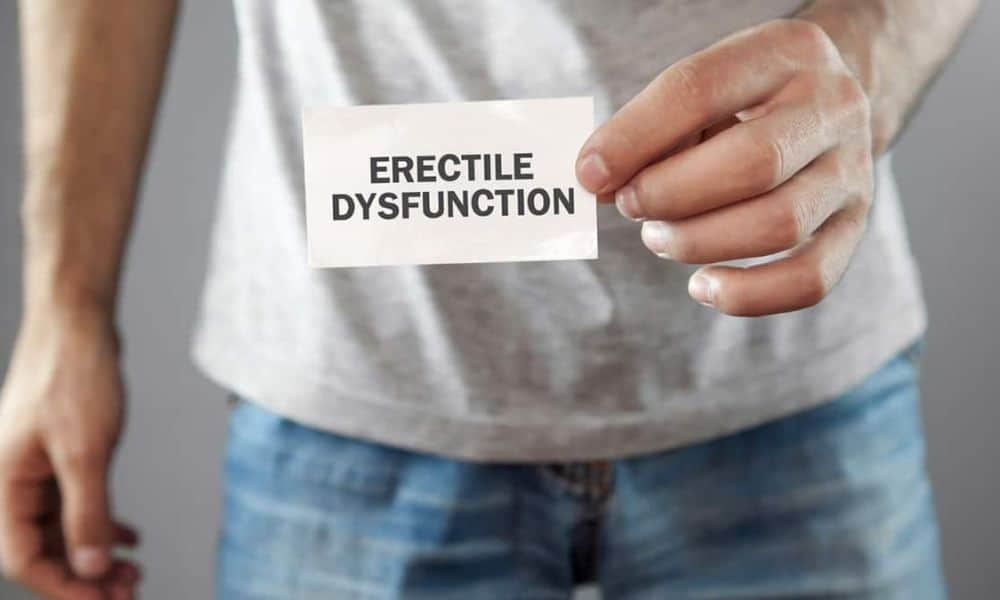
Stress and erectile dysfunction: understanding the connection
Stress is the body’s natural response to perceived threats or challenging situations. When we experience stress, our sympathetic nervous system is activated, releasing hormones like cortisol and adrenaline. While these hormones are helpful in short-term, high-stress situations chronic stress can have detrimental effects on various bodily functions, including sexual health.
The physiological mechanisms linking stress and ED are complex. Stress can interfere with the delicate balance of hormones necessary for normal sexual function. For example, sustained high levels of cortisol disrupt the production of testosterone, a crucial hormone for maintaining erectile function. Additionally, stress can impair blood flow to the penis, which is for achieving an erection. Moreover, stress has a psychological impact on sexual function. Anxiety, depression, and other emotional responses to stress lead to performance anxiety, decreased libido, and difficulties with arousal and orgasm.
Stress on ED Treatment
The relationship between stress and ED is bidirectional – not only can stress contribute to the development of ED, but the presence of ED can also be a significant source of stress for men. This interplay complicates the treatment of ED, as it stresses the effectiveness of traditional medical interventions.
Patients seeking treatment for ED at an ED Clinic may find that their stress levels play a significant role in the success of therapy. Factors such as relationship problems, work-related stress, financial concerns, and even the stress of the treatment process itself can all influence the body’s ability to respond to ED therapies.
Comprehensive approach to ed treatment

To effectively address ED in the context of stress, a comprehensive and multifaceted approach is often necessary. At an ED Clinic Blue Bell, healthcare providers may take the following steps to help patients manage both the physiological and psychological aspects of their condition.
- Stress assessment and management- The first step is to thoroughly evaluate the patient’s stress levels and identify the primary sources of stress in their life. This assessment can help guide the development of a personalised stress management plan, including relaxation exercises, cognitive-behavioural therapy, and lifestyle modifications.
- Medication and lifestyle interventions- Depending on the underlying causes of the patient’s ED, the healthcare provider may prescribe medication, such as PDE5 inhibitors, to address the physiological aspects of the condition. They may also recommend lifestyle changes, such as improving diet, increasing physical activity, and addressing any underlying health conditions contributing to ED.
- Counseling and psychotherapy- For patients with a significant psychological component to their ED, referrals to mental health professionals, such as sex therapists or counsellors, can be beneficial. These practitioners can help the patient address issues like performance anxiety, relationship challenges, and other emotional factors that may be impacting their sexual function.
- Integrated care approach- The most effective ED treatment plans often involve a collaborative effort between healthcare providers, including urologists, primary care physicians, and mental health professionals. This integrated care approach ensures that all aspects of the patient’s health and well-being are addressed, optimising the chances of successful treatment.
Empowering patients through education and support
The healthcare team understands the importance of empowering patients with knowledge and support. Educating patients about the connection between stress and ED helps individuals better their condition and actively participate in their treatment and management.
This educational process may involve providing resources on stress management techniques, lifestyle factors on sexual health, and the available treatment options. Additionally, the clinic may offer support groups or counselling services to help patients navigate their ED’s emotional and psychological aspects.




